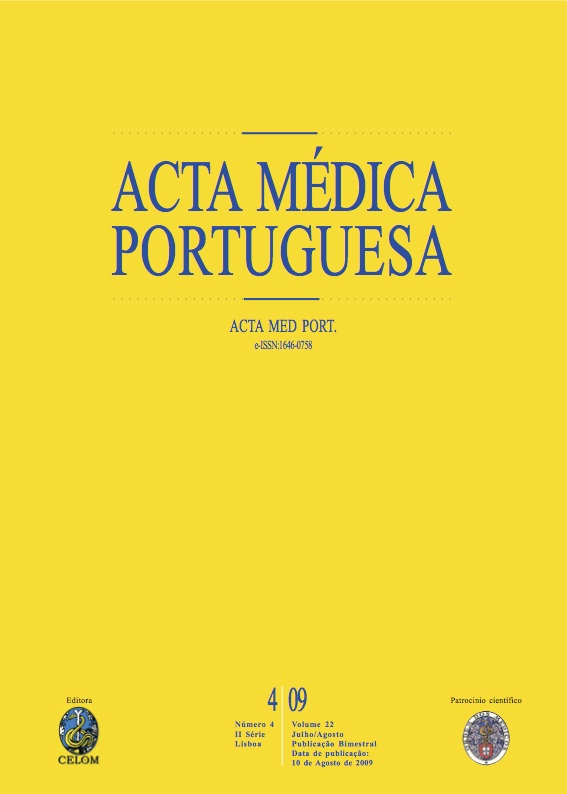Clinical significance of plasma N-terminal pro- B-type natriuretic peptide in respiratory distress syndrome of the preterm neonate.
DOI:
https://doi.org/10.20344/amp.1707Abstract
Plasma brain-type natriuretic peptide (BNP) is secreted by cardiac myocytes in response to pressure or volume overload. Recently, an assay to measure the N-terminal segment of the pro-hormone (NT-pro-BNP) was developed.(1) To determine the plasma levels of NT-pro-BNP in premature neonates without congenital heart disease; (2) to determine the relationship between the severity of respiratory distress syndrome (RDS) and plasma levels of NT-pro-BNP.Plasma levels of NT-pro-BNP were measured in premature neonates (<34 wks gestation) at 24 hours, and days 7 and 21 of life. Levels of NT-pro-BNP were compared between neonates with and without RDS.45 neonates, 25/20 (F/M), gestational age 30 (25-33) weeks, birthweight 1290 (500-2220) g. RDS occurred in 21 (47%) neonates: RDS I (mild) = 7; RDS II (moderate) = 10; RDS III (severe) = 4. Comparative analysis revealed a significant increase in plasma level of NT pro-BNP at 24 hours (p = 0,001) and day 7 (p = 0,015) of life in patients with RDS. Plasmatic levels of NT-pro-BNP at 24 hours of age were significantly increased in patients with severe RDS than in patients with mild (p < 0,001) or moderate RDS (p < 0,002), after adjustment for gestational age and birthweight.plasma levels of NT-pro-BNP are directly related to increasing severity of RDS in neonates, suggesting a close relation to the functional impairment of pulmonary haemodynamical changes.Downloads
Downloads
How to Cite
Issue
Section
License
All the articles published in the AMP are open access and comply with the requirements of funding agencies or academic institutions. The AMP is governed by the terms of the Creative Commons ‘Attribution – Non-Commercial Use - (CC-BY-NC)’ license, regarding the use by third parties.
It is the author’s responsibility to obtain approval for the reproduction of figures, tables, etc. from other publications.
Upon acceptance of an article for publication, the authors will be asked to complete the ICMJE “Copyright Liability and Copyright Sharing Statement “(http://www.actamedicaportuguesa.com/info/AMP-NormasPublicacao.pdf) and the “Declaration of Potential Conflicts of Interest” (http:// www.icmje.org/conflicts-of-interest). An e-mail will be sent to the corresponding author to acknowledge receipt of the manuscript.
After publication, the authors are authorised to make their articles available in repositories of their institutions of origin, as long as they always mention where they were published and according to the Creative Commons license.









